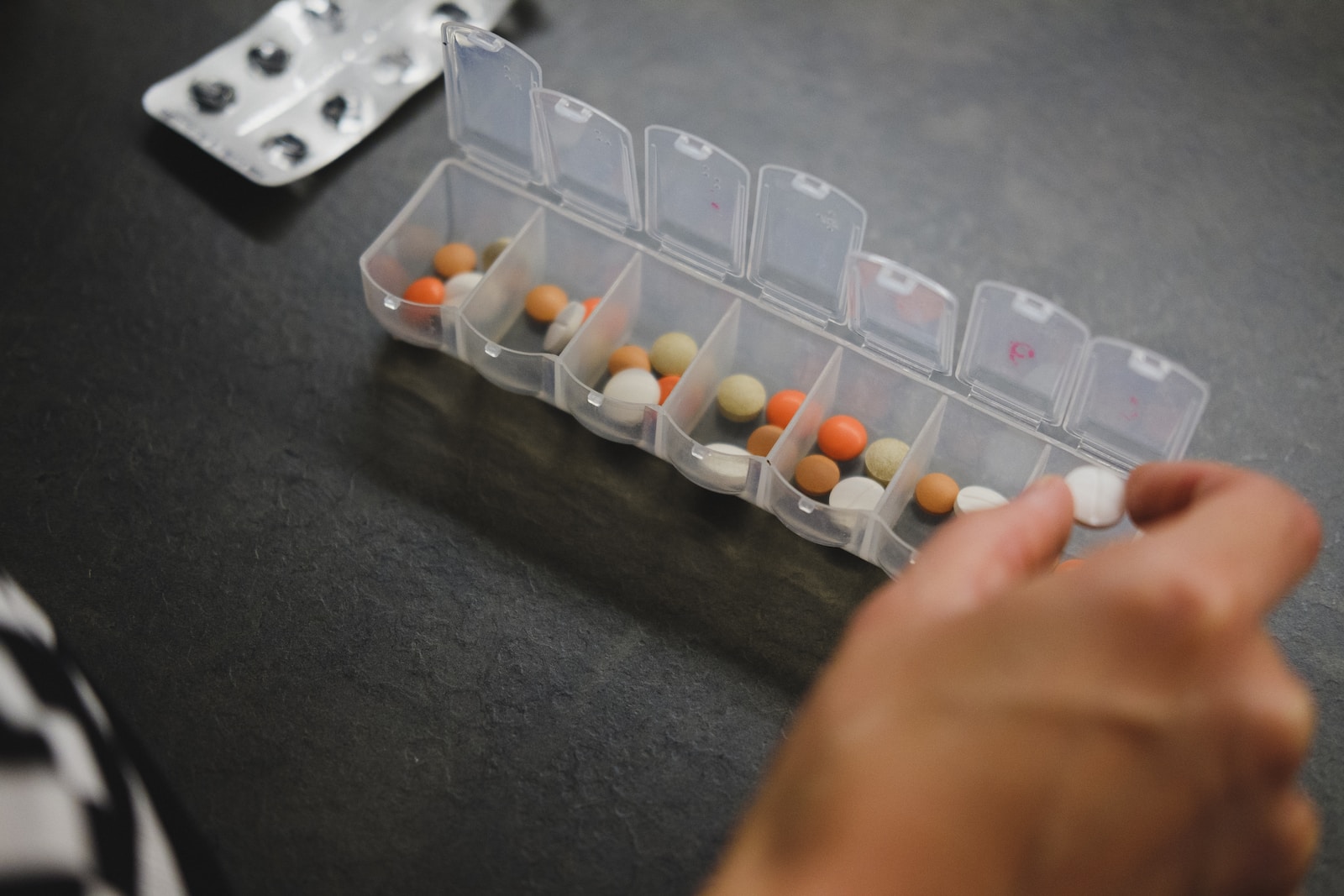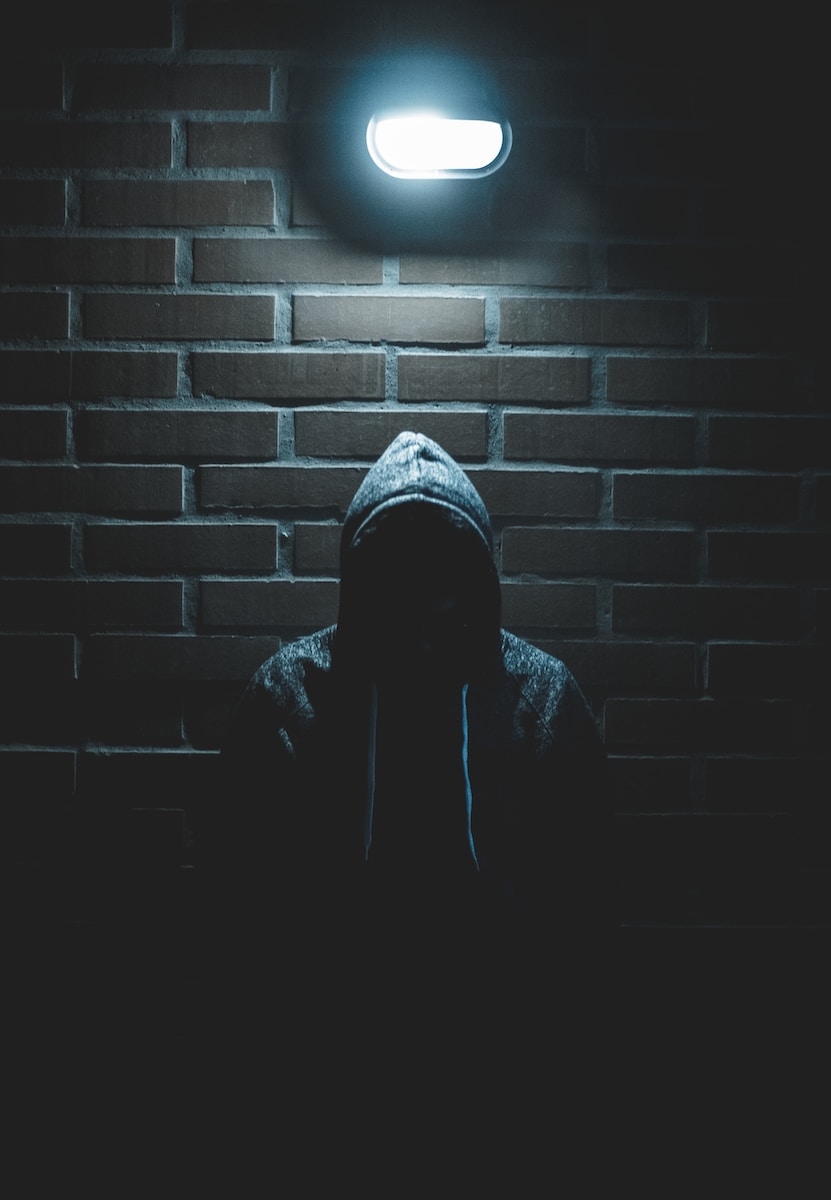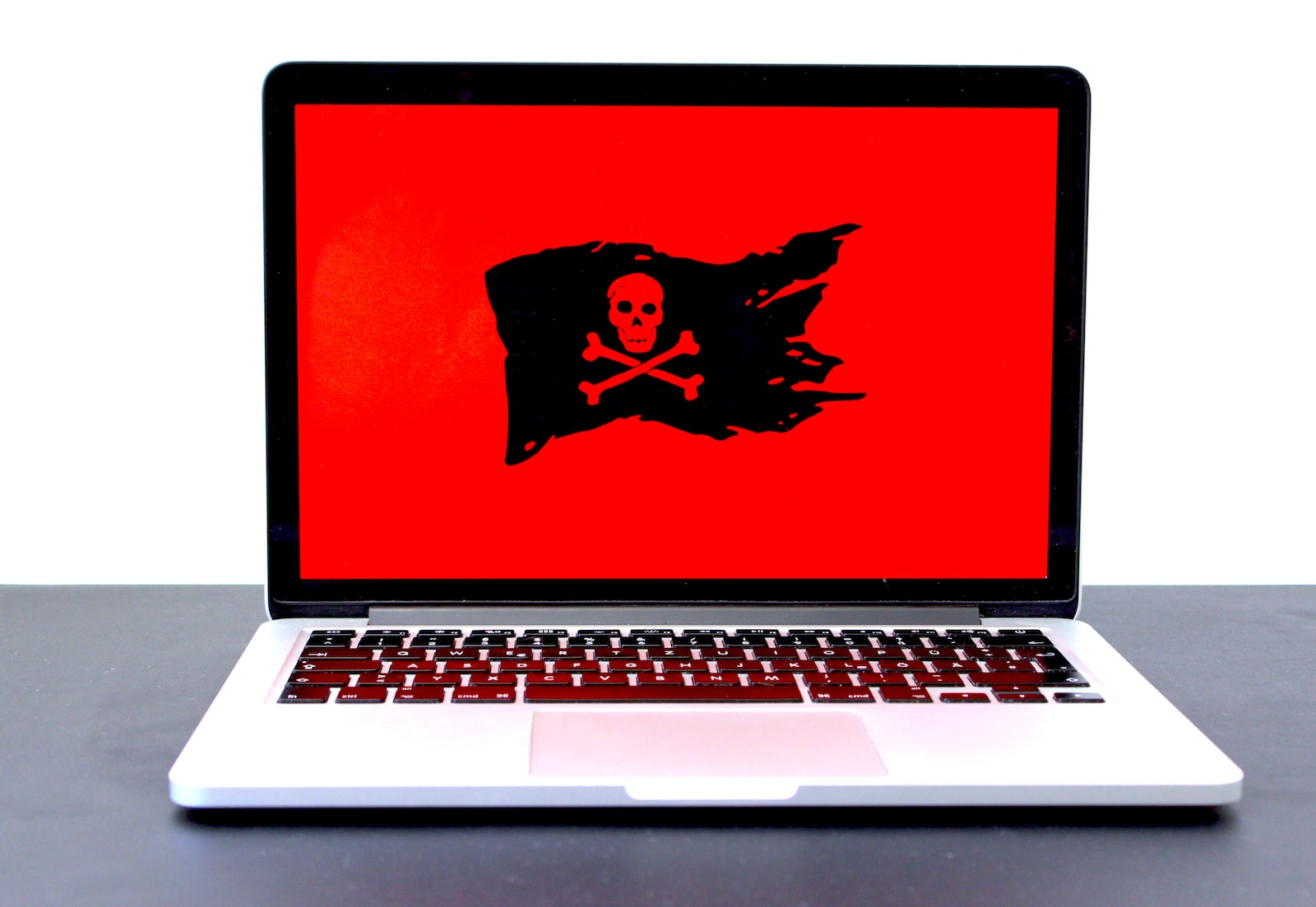Share this article with your network of friends!
Medications play a vital role in managing health conditions and improving quality of life for seniors. However, it’s essential to be aware of the risks associated with medication misuse, including accidental overdose, theft, or diversion. In this article, we will provide valuable information and practical tips for seniors to safeguard their medications, control access, and gain a better understanding of the opioid epidemic.
1. The Importance of Medication Safety:
Proper medication management is crucial for your health and well-being. Consider the following tips to ensure medication safety:
a. Keep an Updated Medication List: Maintain an accurate and up-to-date list of all your medications, including prescribed medications, over-the-counter drugs, and supplements. Include the dosage, frequency, and prescribing healthcare provider’s contact information.
b. Follow Prescribed Instructions: Take medications exactly as prescribed by your healthcare provider. Follow the recommended dosage, timing, and any special instructions. Do not alter or stop medications without consulting your healthcare professional.
c. Store Medications Securely: Keep your medications in a secure and locked cabinet or drawer, away from the reach of children, visitors, or potential thieves. Avoid storing medications in easily accessible places, such as a bathroom medicine cabinet.
d. Dispose of Unused Medications Properly: Discard expired or unused medications following proper disposal guidelines. Many pharmacies offer take-back programs or have disposal kiosks where you can safely dispose of medications. If no take-back program is available, follow the instructions on the medication packaging or consult with your pharmacist.
2. Controlling Access to Your Medications:
Controlling access to your medications can prevent unauthorized use or accidental misuse. Consider the following measures:
a. Keep a Personal Inventory: Keep track of your medication supply by regularly monitoring the quantity and expiration dates. This will help you notice any discrepancies or missing pills.
b. Use Pill Organizers: Pill organizers can help you organize and keep track of your medications, ensuring you take the correct dosage at the right time. Choose organizers with clear labels and compartments for each day of the week.
c. Consider Medication Lockboxes: If you are concerned about medication theft or unauthorized access, consider investing in a medication lockbox. These secure containers can help protect your medications and deter theft.
d. Communicate with Trusted Individuals: If you have caregivers, family members, or friends who assist with your medication management, ensure open communication about your needs, concerns, and any changes in your medication regimen. Clearly express your expectations regarding medication access and storage.
3. Understanding the Opioid Epidemic:
The opioid epidemic has had a significant impact on communities and individuals across the globe. It’s important to have a basic understanding of opioids and their risks:
a. Educate Yourself: Familiarize yourself with opioids, their common names, and potential risks. Understand that opioids can be highly addictive and pose serious health risks if misused or taken without a prescription.
b. Open Dialogue with Healthcare Providers: Engage in open and honest conversations with your healthcare providers about your pain management options. Discuss potential alternatives to opioids, such as non-opioid pain medications, physical therapy, or alternative treatments.
c. Properly Dispose of Unused Opioids: If you have been prescribed opioids for pain management and find yourself with leftover medication, promptly and properly dispose of them to prevent accidental misuse or diversion.
d. Stay Informed: Stay up-to-date with news and information about the opioid epidemic through reputable sources. Understand the signs of opioid addiction and seek help if you suspect yourself or someone you know may be struggling with opioid misuse.
Safeguarding your medications and understanding the opioid epidemic are vital steps for seniors to protect their health and well-being. By implementing medication safety practices, controlling access to your medications, and gaining knowledge about opioids and their risks, you can minimize the chances of accidental misuse, theft, or diversion. Remember to consult with your healthcare provider or pharmacist if you have any concerns or questions regarding your medications. By staying informed and taking proactive measures, you can contribute to your own safety and play a part in combating the opioid epidemic.
DISCLAIMER: This website contains articles for informational and entertainment purposes only. No articles on this website should be considered as professional advice for any medical, legal, or financial matter. Advertisements and content may contain affiliate links, where the website earns a commission for sales derived from our users.





